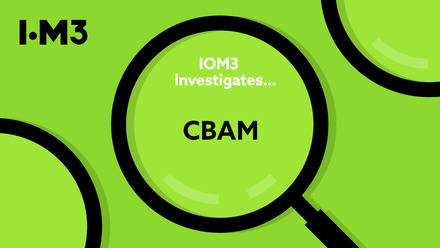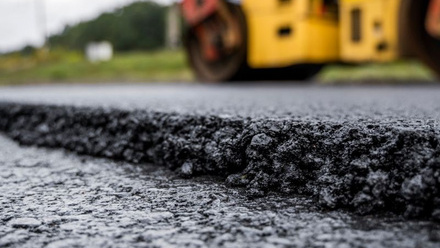UK Aluminium Federation demands CBAM impact analysis
The Federation fears an implied assumption UK importers will switch to lower-carbon suppliers.

Draft legislation for a Carbon Border Adjustment Mechanism (CBAM) has been published to place a carbon price on specified goods imported to the UK from sectors at risk of carbon leakage. It takes effect from 1 January 2027.
The Aluminium Federation (ALFED) has formally requested confirmation on whether an aluminium-specific impact assessment has been carried out under the UK CBAM policy framework.
No formal response has currently been received.
In response to the draft Tax Information and Impact Note published alongside the CBAM legislation, ALFED has welcomed the government’s recognition of expected shifts in trade patterns.
The note states, 'CBAM is expected to increase UK trade in CBAM sectors with regions with low-emissions-intensive production or carbon pricing mechanisms, and may decrease trade in these sectors with regions which have carbon-intensive production or no carbon pricing mechanisms.'
While this acknowledges some expected market impacts, ALFED is concerned the wording implies an assumption that UK importers will switch to lower-carbon suppliers, without accounting for the risks of trade diversion, circumvention through downstream products, and unintended consequences for UK producers.
The Federation believes this high-level overview does not adequately reflect the unique characteristics, supply chains, and economic conditions of the UK aluminium industry.
There is growing concern from ALFED that CBAM could undermine cost competitiveness, deter investment, and increase the risk of carbon leakage, without more in-depth risk analysis.
ALFED is calling for:
- A full aluminium-specific impact assessment, including analysis of material pricing, trade competitiveness, and investment impact
- A thorough evaluation of trade diversion and CBAM circumvention risks, particularly through downstream goods
- Transparency around whether any aluminium-focused modelling or economic assessments have already been conducted by HM Treasury or HMRC
- Publication of any such analysis to support informed and inclusive engagement with the sector.
These concerns echo those raised by European Aluminium, whose April 2025 Position Paper warned of CBAM’s potential to increase carbon leakage and weaken Europe’s aluminium value chain if poorly implemented.
The Federation also emphasises the need for regular monitoring of CBAM’s real-world effects on industrial competitiveness.
Nadine Bloxsome, Chief Executive Officer of ALFED, comments, 'The UK aluminium industry is fully committed to decarbonisation and supports well-designed policies that drive sustainability. However, we are increasingly concerned that without a robust, sector-specific assessment, the CBAM risks damaging the very industries it aims to protect.
'Aluminium is not just a low-carbon enabler, it is a critical material for national defence, clean energy, and economic resilience. Government must take a strategic, securitised approach to ensure aluminium competitiveness is preserved as part of a future-facing, sustainable UK industrial base.'
The government is undertaking a technical consultation that aims to gather feedback from stakeholders on the drafting of the primary legislation to make sure it delivers the policy correctly and effectively. It is not a further consultation on the policy design.
The UK Government claims the legislation ensures UK decarbonisation efforts lead to a true reduction in global emission, rather than simply displacing carbon emissions overseas.








